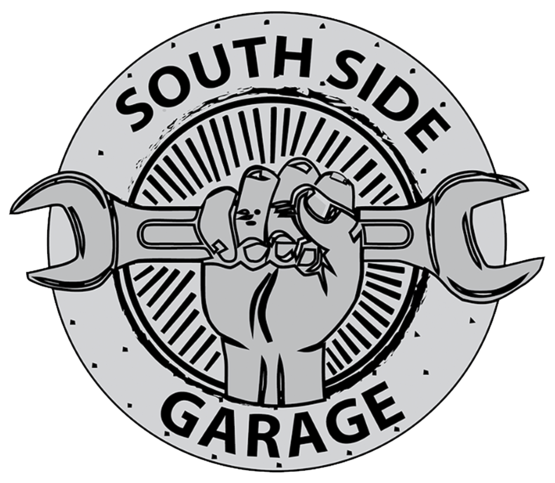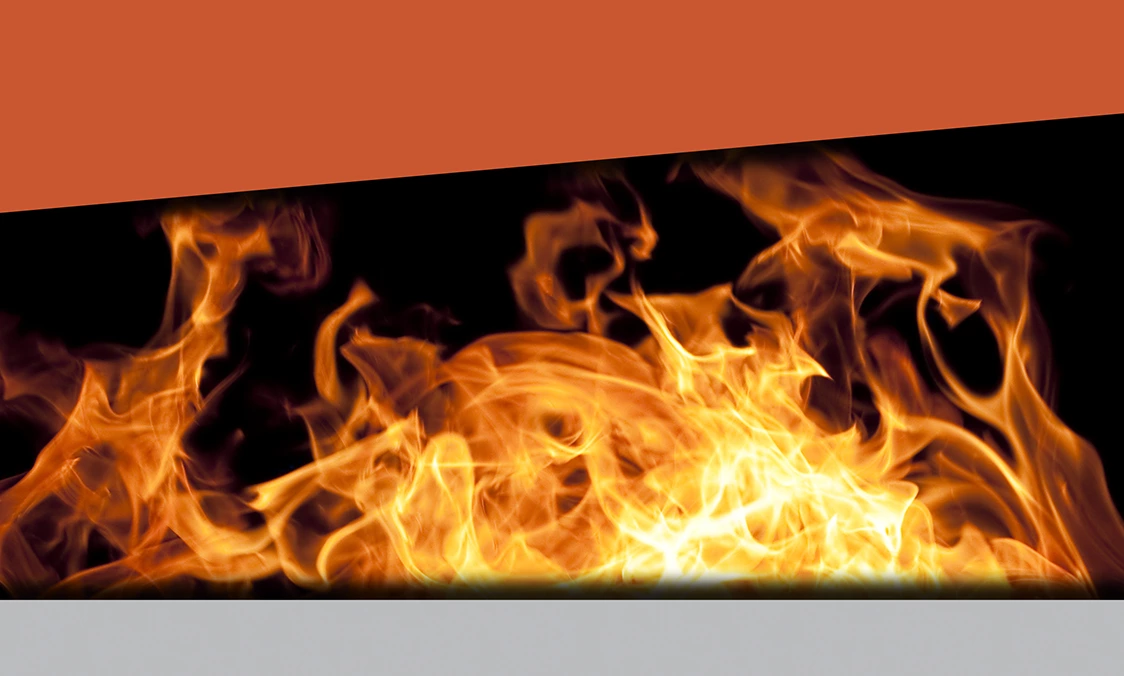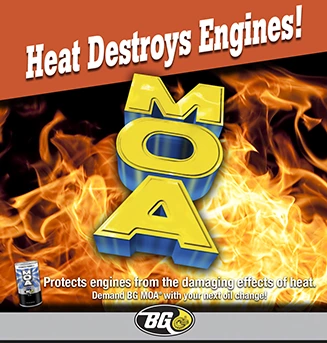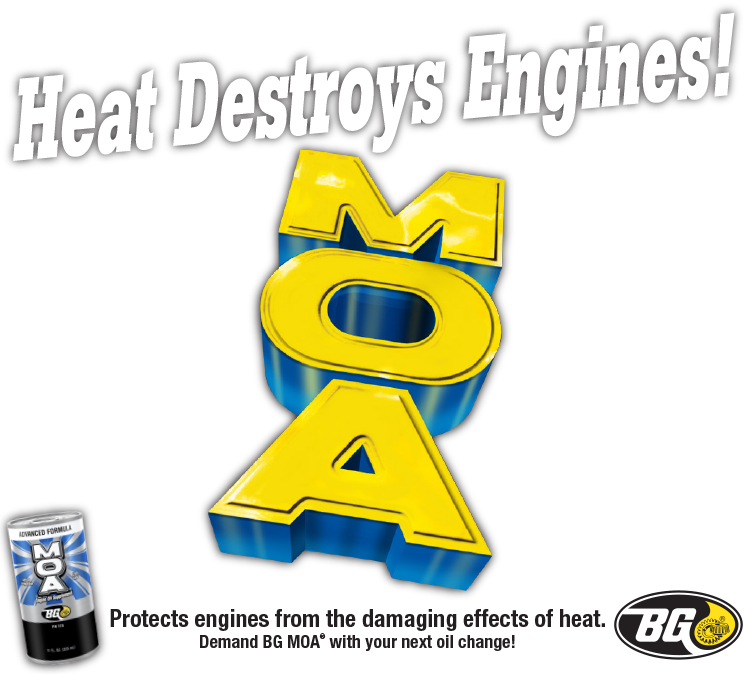Fuel Injection: It Keeps Getting Better for Moore Drivers
May 9, 2016
Moore residents know that engines need to burn fuel to operate. Fuel is pumped from your fuel tank to your vehicle engine where it is squirted—or injected—into your engine's cylinders. This is the function of the fuel injectors.
There are two ways to inject fuel into an engine. Fuel needs air to burn, so in the first method, fuel is injected into a port and allowed to mix with air and before it is drawn into the cylinders. In the second method, fuel is injected directly into the cylinders and mixes with air after it enters the vehicle engine.
Direct injection engines burn fuel more efficiently than conventional vehicle engines. Some models can deliver the power of a V8 with the economy of a V6.
For example, in one family of engines, the conventional version (a V6) delivers about 250 horsepower. The direct injection version delivers over 300 horsepower and gets about the same gas mileage. The turbocharged version delivers 350 horsepower. Why the big difference in power? Direct injection systems allow fuel to be squirted into the vehicle engine at hundreds of times the pressure of a conventional engine. This atomizes the fuel better (breaks it down into tinier droplets), which means more of it gets burned, which translates to more power for your engine. It also results in cleaner emissions.
Why the big difference in power? Direct injection systems allow fuel to be squirted into the vehicle engine at hundreds of times the pressure of a conventional engine. This atomizes the fuel better (breaks it down into tinier droplets), which means more of it gets burned, which translates to more power for your engine. It also results in cleaner emissions.
Fuel injectors are precision instruments. They have to deliver the right amount of fuel at exactly the time the vehicle engine needs it. They are also engineered to inject fuel with a specific spray pattern. This spray pattern allows for maximum fuel efficiency and proper atomization. Direct injection engines require a much higher degree of precision than conventional engines. For this reason, they are equipped with more sophisticated computers.
When fuel injectors get dirty, their precision drops off. The spray pattern won't be precise, and the timing of fuel delivery may be off. This decreases fuel efficiency and gas mileage as well as delivering less power to the engine.
Moore residents should understand that fuel injectors are not cheap to replace. Direct injection fuel injectors are even more . And we're talking a mortgage payment to buy a set of new fuel injectors for a diesel engine.
So keeping your fuel injectors clean is just good auto advice. The best way to do this is to change your air and fuel filters regularly and practice other habits of good car care and preventive maintenance. Cleaning additives in your fuel can also help.
If you do end up with gum or varnish in your fuel system, you'll need a professional fuel system cleaning. This will clean out your whole system, including the injectors. The good news is that with proper maintenance, Moore drivers will enjoy better and their fuel injectors will last for a long time.
Contact us for more tips to help you improve your performance and safety.
South Side Garage
2220 Pole Rd
Moore, OK 73160
405-308-1514
http://southsidegarage.autotipsblog.com
More articles from Southside Garage

When Metal Meets Metal (Wheel Bearings)
April 20, 2025
What part of your vehicle has little metal balls inside that are lubricated and allow you to cruise on down the road? They are wheel bearings, and automotive designers might argue they are human beings' second greatest invention of all time (the first is, of course, the wheel!). You have a wheel... More

Such a Little Part (Climate Control Resistor)
April 13, 2025
You expect your heater/air conditioner to work like it should. You have a control for temperature and one for fan speed. You even have a control for what vents the air comes out of. Don't be surprised one day if your blower fan develops a mind of its own and starts going crazy. Most of the ti... More

When it Comes to Air Filters, Change is Good (Clogged Air Filter)
April 6, 2025
Engine air filters may not seem like a big deal, but when theyre clogged up with dirt, dust, and insects, your engine could wind up choking for air and not delivering you the power and performance it was designed to give. There are actually a couple of air filters in your vehicle. One filters th... More









